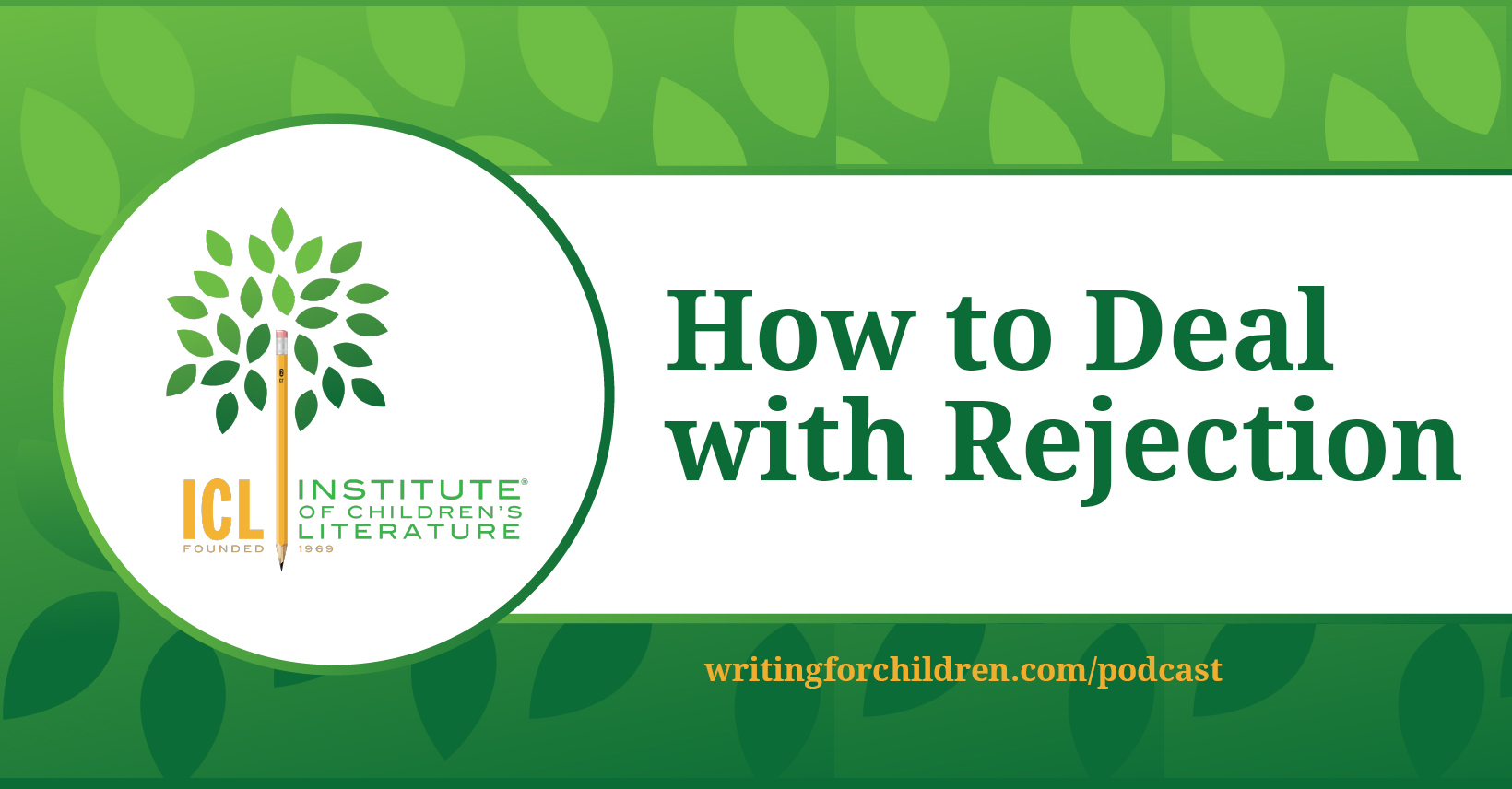1000 N. West Street #1200, Wilmington, DE 19801
© 2024 Direct Learning Systems, Inc. All rights reserved.

Anyone in any area of the arts knows it’s difficult to separate yourself from your work. Your writing feels like an extension of who you are. It hurts to hear anything negative about a piece you’ve written. As long as you’re writing only for your own enjoyment, and not to be published, feeling totally bonded to each thing you produce is fine. But once you begin looking for publication, it can just kill you. Not only does rejection hurt, but every single step in the process of publication has fresh hurt for writers who cannot see the piece they produced as something other than a shard of their soul.
The first reason you need to separate is because very few people in the publishing process (other than you) are going to equate you with the work. Yes, you produce it. To most people, your story, your article, or your book is a product to be examined, considered, and possibly bought. For everyone in the process (other than you), the situation is about whether they want that product. (Note that I used the word ‘product’ and did not say “For everyone in the process (other than you), the situation is about whether they want a shard of your soul.”)
REJECTION ISN’T ABOUT YOU
Imagine you’re at a farmer’s market. You need some tomatoes. You pass a booth selling corn. You don’t need corn. You don’t want corn. You have a lot of corn. But, the person selling the corn worked hard to grow it. They spent money growing the best corn they could grow. How can you callously walk by without giving the person a long explanation of why you’re not getting corn that day while assuring the farmer that their corn is lovely? You can do it because you go to the market looking for a product that you want, need, and intend to use. You’re really only looking at examples of that specific product and you plan to buy the best available example of that product. Imagine if the corn farmer collapsed in a weeping heap or shouted rude comments at anyone who passed by without buying the world’s best corn? Right, that farmer would have some problems making any money at the market.
Acquiring editors and agents are a bit like you shopping for tomatoes at that farmer’s market. So, what does it mean when you get a rejection from an agent or editor? Listen to the episode to find out and …
Listener Question of the Week
Wendy asks:
How do I handle back matter in a picture book? Is it included it in the word count, should the font be different, and how would I include it––as a separate document or within the story?
Listen to the answer in the podcast!
1000 N. West Street #1200, Wilmington, DE 19801
© 2024 Direct Learning Systems, Inc. All rights reserved.
1000 N. West Street #1200, Wilmington, DE 19801
© 2024 Direct Learning Systems, Inc. All rights reserved.
1000 N. West Street #1200, Wilmington, DE 19801
© 2024 Direct Learning Systems, Inc. All rights reserved.